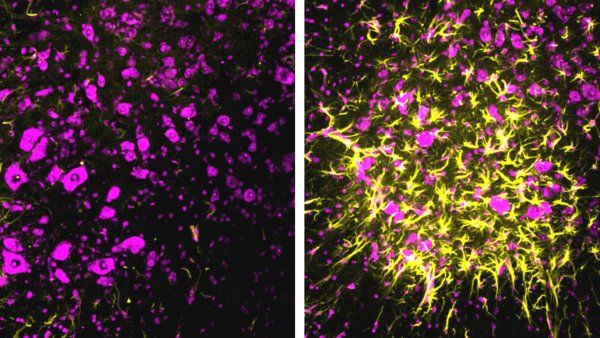Female Chromosomes Offer Resilience to Alzheimer’s
UCSF scientists now have evidence from research that women with Alzheimer’s live longer than men with the disease because they have genetic protection from the ravages of the disease.
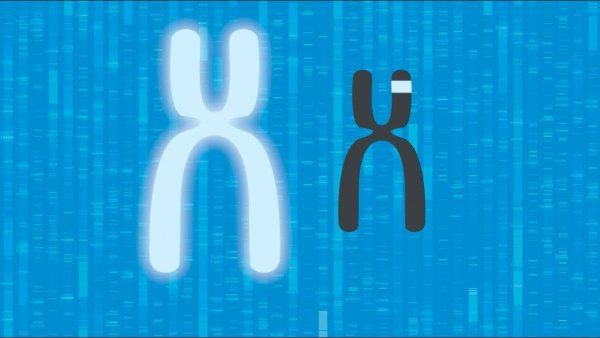
University of California San Francisco
Give to UCSFUCSF scientists now have evidence from research that women with Alzheimer’s live longer than men with the disease because they have genetic protection from the ravages of the disease.

New research by neuroscientists at the University of Pittsburgh and UC San Francisco revealed that a simple, earbud-like device developed at UCSF that imperceptibly stimulates a key nerve leading to the brain could significantly improve the wearer’s ability to learn the sounds of a new language.
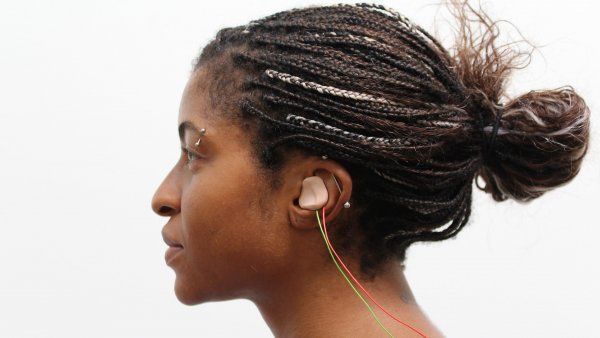
A newly completed phase 3, multicenter clinical trial has found that an immune-modulating drug can silence inflammatory disease activity in a large majority of patients with relapsing multiple sclerosis (RMS) – the most common form of the illness, in which symptoms wax and wane.
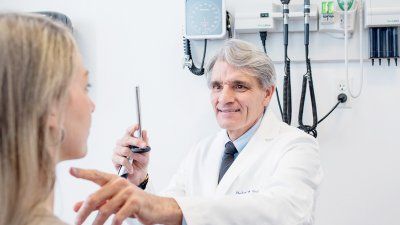
UCSF Medical Center has been recognized as one of the nation’s finest hospitals in the U.S. News & World Report 2020-2021 Best Hospitals survey, ranking among the top 10 hospitals nationwide for the 22nd year.
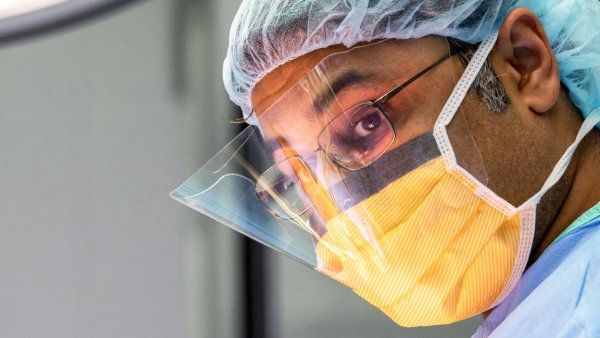
UCSF researchers are taking a closer look at COVID-19’s dizzying array of symptoms to get at the disease’s root causes.
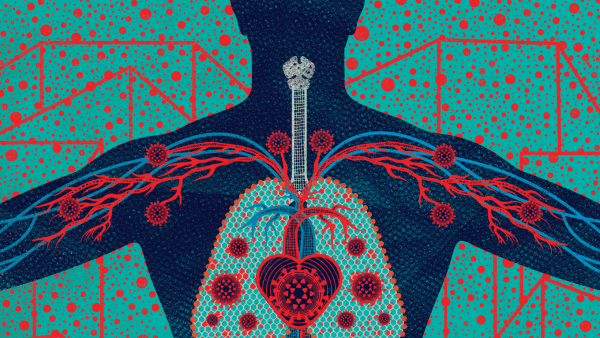
Seniors who can identify smells like roses, turpentine, paint-thinner and lemons, and have retained their senses of hearing, vision and touch, may have half the risk of developing dementia as their peers with marked sensory decline, according to a new UCSF study.

David Ramsay, a former UCSF senior vice chancellor and president of the University of Maryland, Baltimore (UMB) who since 2010 had served as associate director of the UCSF Institute for Neurodegenerative Diseases (IND), died June 18, 2020, after a short illness. He was 81.
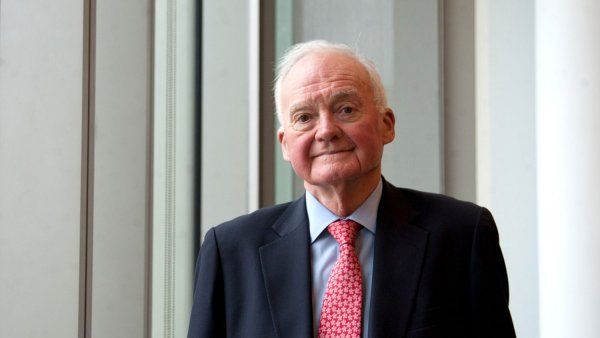
Under a new agreement, Celgene will further invest in the RAN’s state-of-the-art antibody engineering program to expand target discovery from oncology and immunology to include neurology.

The annual U.S. News rankings serve as a guide of hospitals nationwide that excel in treating children with the most challenging diagnoses.
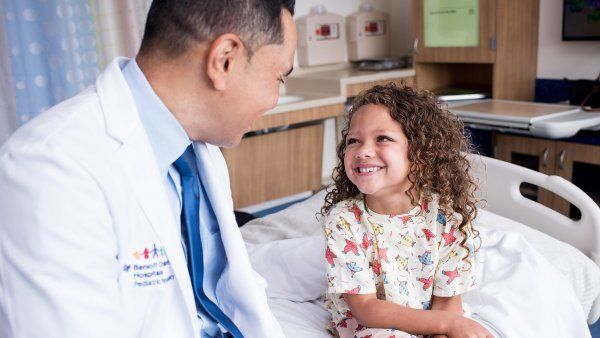
In a new study in mice, UCSF researchers investigated what enables neurons in the visual system to respond to context when a stimulus is not available. They found that feedback from higher-order visual centers in the brain has much more influence over our fundamental visual processing than scientists had ever realized.

A new UCSF study in mice has pinpointed a specific pattern of brain waves that underlies the ability to let go of old, irrelevant learned associations to make way for new updates.
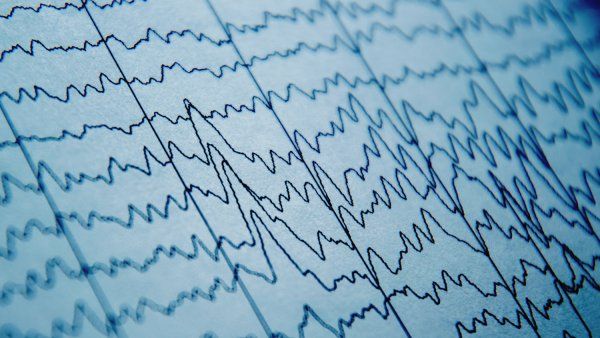
The designation is the highest and most demanding certification awarded to hospitals that can treat the most complex stroke cases.
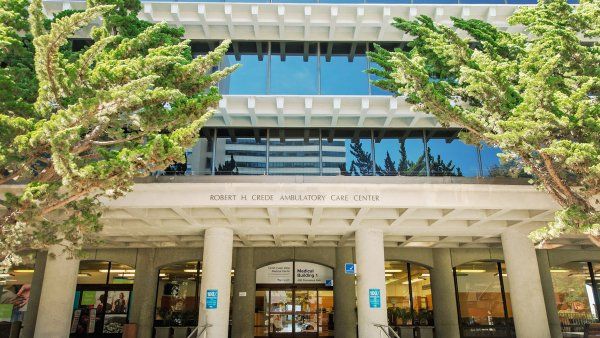
UCSF researchers have identified a powerful self-corrective mechanism within synapses that is activated by neurodegeneration and acts to slow down disease progression in animal models of ALS.
